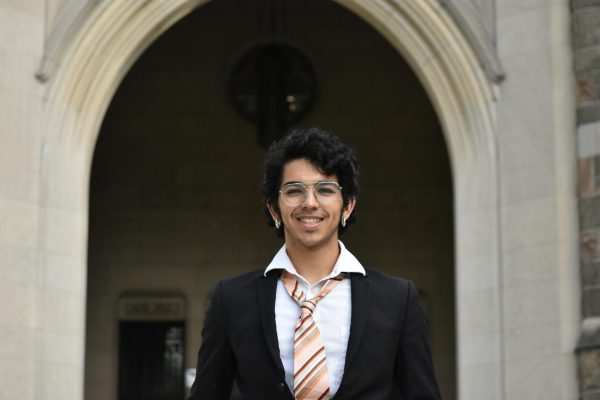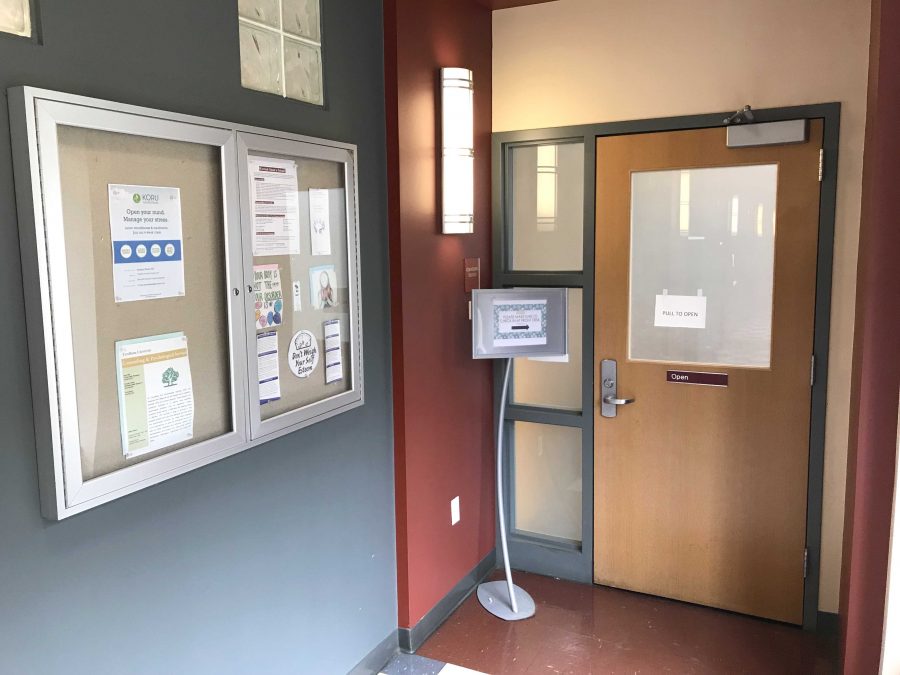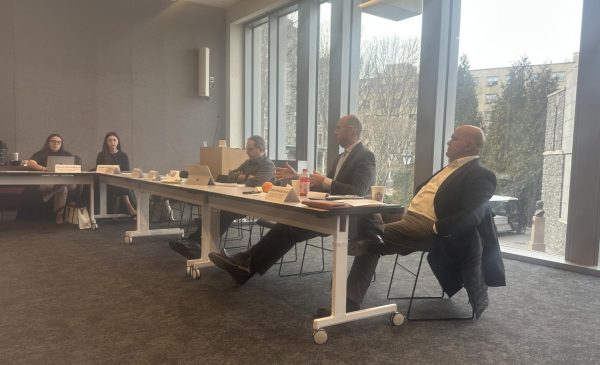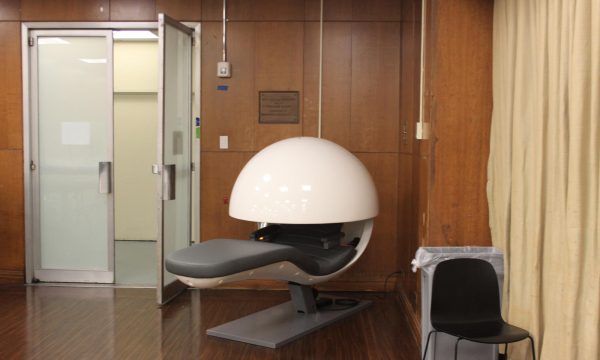Is CPS Enough for Students?
Fordham Counseling and Psychological Services (CPS) recognizes many of the complaints that students have made against the department, including long wait times for individual counseling appointments and the inability to provide specialized services to all students who go to CPS for help.
A Fordham sophomore (who chose to stay anonymous for privacy reasons) detailed how wait times negatively affected their trust in the department. The student said that when they tried to schedule an appointment with a counselor earlier this semester, “[CPS] said it would be like a two-week wait, but it ended up being a month.”
This wait time was new for the student, who had experienced less of a wait when scheduling appointments in the 2020-21 academic year. “I think when I did it last year it took less time, but this year they mentioned they had a waitlist.”
Wait times for appointments have generally increased during the fall 2021 semester as more students returned to campus than in the previous year, a pattern anticipated by Dr. Jeffrey Ng, the director of CPS.
“The most significant change from last year is that we are serving considerably more students at both of our offices, which we anticipated with more students living, learning and engaging on campus this year,” Ng said. “We’re providing considerably more individual counseling, walk-in, group counseling and psychiatric appointments as compared to last year.”
Unfortunately, the increase in services has obstructed personal individual counseling. The anonymous sophomore detailed how increased services makes their counseling sessions harder.
“I more so don’t enjoy the services here because the understaffing and long wait is more visible during the sessions themselves rather than the system,” the sophomore said. “For example, during my sessions, it seems like the person I was seeing kept forgetting stuff about me and I had to remind them. I think they just have too many kids and didn’t anticipate it.”
The allocation of resources within CPS can also be seen within the availability of specialized services and specialist counselors that can only take on so many responsibilities and students at once. Another Fordham student, who similarly chose to stay anonymous to maintain privacy, stated how they were consistently referred away from Fordham’s counseling services.
“The first time I had an intake call, they told me I should seek help with someone who is fit for longer-term therapy services,” the student said. “They really didn’t say anything more than I needed to find someone else who was better for longer-term care, no recommendations were provided.”
The student stated that the second time they were referred, CPS was more helpful. “The second time, they gave me some recommendations and set me up with a second appointment until I got to see my new therapist.”
Referrals to off-campus services are usually done when the students are considered to be in need of more specialized, longer-term or intensive care than is possible through CPS. Ng stated that CPS can help in these situations when it is able to “stabilize them and assist them with transitioning to more specialized services and care.”
Unfortunately, the current number of counselors and specialists on campus is not enough to accommodate all students in need.
These two weaknesses, increased wait times and referrals, are currently being addressed by the CPS administration. In response to these complaints, Ng said, “We’re in the process of trying to address these concerns by developing a more customized and equity-based approach for supporting each student’s unique clinical, psychosocial and financial needs. In doing so, we may have to provide less direct clinical services to some students while offering more of those services to other students.”
This equity-based approach would be crucial in helping balance on-campus counselors and counseling services with the large influx of students seeking psychological help.
“For example,” Ng said, “students who have financial means, family support or exceptional insurance plans might be referred to off-campus services more often so that we can create more capacity to serve students with higher clinical needs, but don’t have the means to access care off-campus.”
Additionally, part of the plan includes hiring more part-time counseling staff to help increase the availability of counseling appointments, the most financially-stressful initiative in improving CPS.
Many of the changes within CPS will have to come from within the department so as to not stress the university’s finances and available allotted budget plans.
“We always need to be thoughtful about balancing individual department needs with larger institutional needs and goals. I think that most departments would probably say that they could use more resources to expand their services and capacities,” Ng stated, emphasizing the need to be mindful about sharing resources between departments.
“Regardless of what our budgets are, it’s always imperative for us to figure out how to be more creative, innovative and effective with the resources we do have so we can serve our students as optimally as possible.”

Sebastian Diaz is a senior from Chapel Hill, N. C. who is double majoring in journalism and film. After starting as a news reporter for The Fordham Ram...













































































































































































































